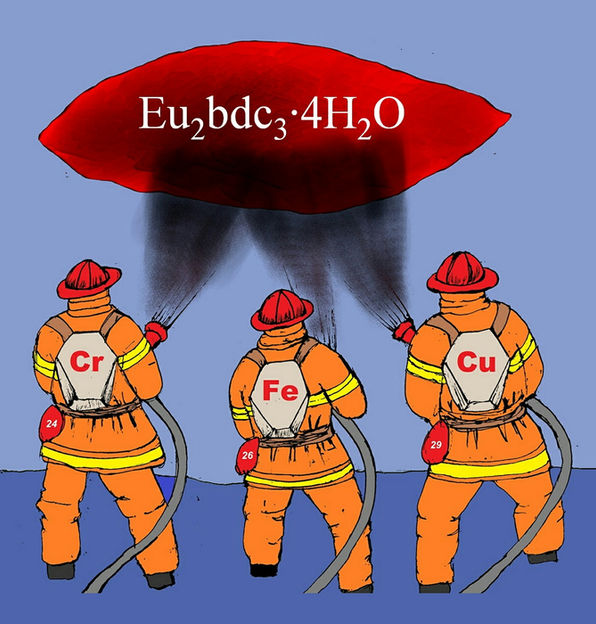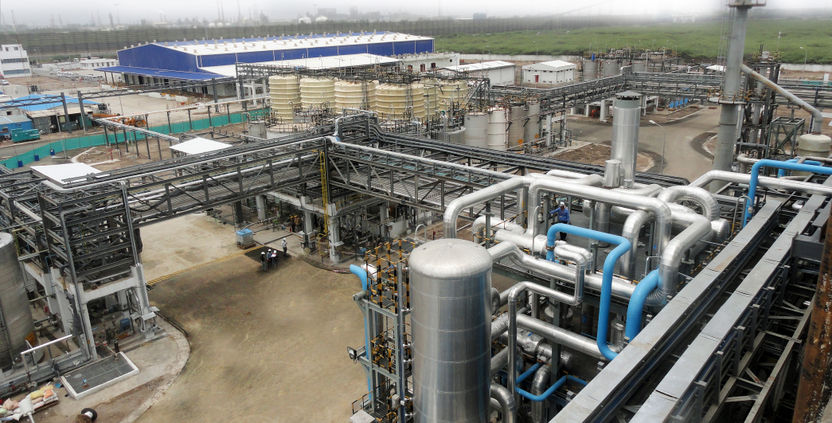Pesticides keep fungus poisons out of the food chain
New study confirms contribution of Azole class fungicides to food safety and productivity
Farmers must control fungus to keep food safe is the main conclusion of a new study presented at the DG SANCO’s Fusarium Forum. The study, carried out by Horta Srl. and the University of Piacenza “Università Cattolica del Sacro Cuore”, stresses the importance of the azole class of fungicides in the control of the Fusarium species of fungus in European agriculture. Fusarium can leave mycotoxins on cereal crops that can pose a risk to human and animal health if they enter the food chain.
The Fusarium fungi have been shown to produce the potent mycotoxin deoxynivalenol (DON) in wheat. The study showed conclusively that Fusarium fungi and DON can best be reduced to safe levels and kept under control by means of sophisticated risk management strategies, which include adopting good agricultural practices (such as seed selection, crop rotation and others) combined with the use of the azole class of fungicides which were demonstrated to be a key tool for Fusarium and mycotoxin control.
The study also shows that the use of fungicides substantially reduced yield losses due to disease. Fungicides generally prevented yield losses of 28% in durum wheat and 15.6% in common wheat. The contribution of the azole chemical class was highlighted, preventing the loss of yield equivalent to 16.2% (durum wheat) and 9.1% (common wheat).
The study looked at the impact of not using treatments and concludes that, without fungicide treatment, the production of common wheat would be seriously affected while durum wheat would no longer be viable in Italy: the production of Durum wheat in Centre-South Italy would have a negative gross margin; the gross margin for common wheat in North Italy would be reduced by 40%
According to agronomist Pierluigi Meriggi of Horta, the study highlights the importance of crop protection for farmers – but also for the food industry in Europe. “Half of Italy’s pasta production depends on durum wheat produced at national level and management of fungi outbreaks to maintain high quality wheat is key to this processing sector.”
Friedhelm Schmider, Director General of the European Crop Protection Association (ECPA) underlined the key conclusions of the study - which improving food quality goes hand in hand with ensuring crop production in Europe.
“This study clearly shows the important role played by advanced crop protection chemistry within the management options available to farmers. This challenges the notion that we have to choose between food security and food safety; both go together with the sensible use of modern technologies.”
Most read news
Organizations
Other news from the department science

Get the chemical industry in your inbox
By submitting this form you agree that LUMITOS AG will send you the newsletter(s) selected above by email. Your data will not be passed on to third parties. Your data will be stored and processed in accordance with our data protection regulations. LUMITOS may contact you by email for the purpose of advertising or market and opinion surveys. You can revoke your consent at any time without giving reasons to LUMITOS AG, Ernst-Augustin-Str. 2, 12489 Berlin, Germany or by e-mail at revoke@lumitos.com with effect for the future. In addition, each email contains a link to unsubscribe from the corresponding newsletter.
Most read news
More news from our other portals
Last viewed contents

Chemists synthesise the smallest nano-sized particles to detect heavy metal ions in water
SGL Carbon increases graphite electrode prices

MWZ Group GmbH - Stuttgart, Germany

























































